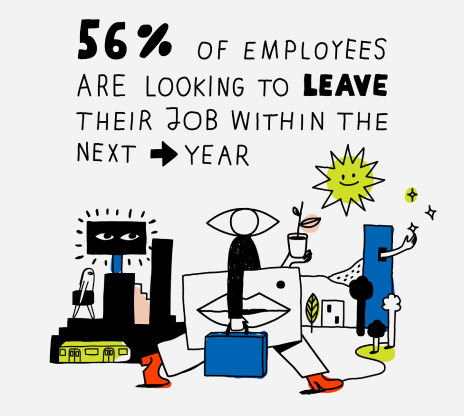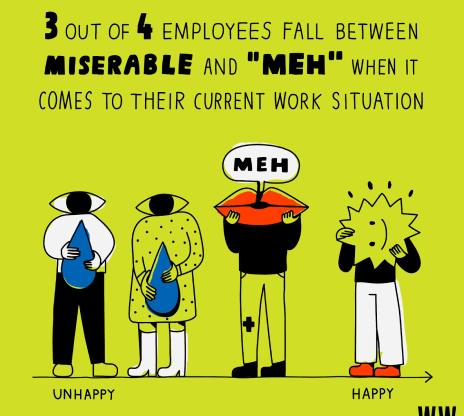Hello! I run a small development company and work on various projects with global freelancers. One of the biggest challenges we face when collaborating with freelancers from around the world is cultural differences. If this issue isn’t addressed properly, teams can become divided by country, leading to conflicts that often result in project failure.
So today, I want to share some tips on how to handle cultural differences and ensure smoother collaboration with global freelancers.
1. Understand and Acknowledge Cultural Differences
When working with global freelancers, you might find their words or actions surprising or uncomfortable. However, in most cases, it’s simply a cultural difference.
For example, in some countries, it's common to show a sorry expression and apologize when a mistake is made, while in other countries, people might laugh and say, "It's fine!" to brush it off. To understand these differences, it's helpful to ask someone who is familiar with their culture or to directly ask the freelancer.
"In our country, when someone makes a mistake, they usually act this way. Why did you respond differently? Does that mean you’re not acknowledging the mistake?"
These conversations may feel awkward at first, but being open and honest can greatly help in understanding each other’s cultures and reducing misunderstandings.
2. Acknowledge Different Work Styles by Country
Every country has its own unique way of working. For instance, in Western cultures, direct feedback is common, while in Asian cultures, feedback is often given in a more indirect manner.
It’s important to note that just because someone has a different work style, it doesn’t mean you have to adopt their way of doing things. If your company has a particular way of working, it's important to explain it clearly and get their agreement.
"Your way works well, but in our company, we do things this way. Would it be possible for you to follow our approach?"
This way, you can respect each other’s methods while ensuring smooth collaboration.


3. Clear Communication
The concept of "quickly" varies from country to country. For example, the Korean sense of "quickly" may differ from that of freelancers in other countries. To avoid confusion, it’s important to be precise in your communication and avoid vague expressions.
"Please complete it as soon as possible." → "Please finish by this Friday."
Using clear and specific language ensures that there are no misunderstandings and makes collaboration smoother.
4. Set Common Work Standards
To make collaboration with freelancers more organized, it’s a good idea to actively use project management tools. Tools like Jira, Trello, or Asana can help clarify work methods, reporting formats, deadlines, and more. These tools also provide manuals in various languages, so no additional training is necessary.
When working on a project, always make sure to document work guidelines in the project management tool, and ensure that reporting methods and deadlines are recorded there as well. This way, everyone can work with the same standards, reducing unnecessary conflicts.
5. Understand the Difference in Time Concepts
You need to consider different holidays, working hours, and time zone differences in various countries. Be sure to check the holidays of the freelancer’s country at the beginning of each month, and be mindful of their working hours when reaching out to them. Additionally, avoid contacting them early in the morning or late at night, except in urgent situations. This helps prevent conflicts caused by time zone differences.
6. Be Cautious with Humor and Direct Expressions
Humor varies from culture to culture. Before becoming very close with a freelancer, it's best to avoid making jokes. What may be funny in your culture could be offensive in another. Also, direct expressions may come across as aggressive, so it’s important to use more gentle phrasing.
Final Thoughts
Cultural differences can’t be completely eliminated, but with mutual understanding and consideration, they can certainly be overcome. By following the tips above, you’ll be able to collaborate more smoothly and enjoyably with global freelancers!











0 Comments
This post has no comments yet
Be the first to commentLeave a comment